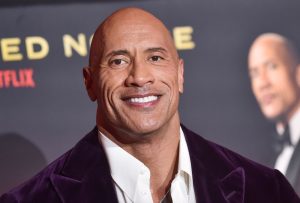Copyright © Everyday Narrative 2024. All rights reserved.
The Prelude to Putin: A Historical Context
Before delving into the era of Vladimir Putin, it’s essential to understand the historical backdrop against which U.S.-Russia relations have unfolded. The collapse of the Soviet Union in 1991 marked a pivotal moment, transitioning Russia from a Cold War adversary to a potential partner in the new world order.
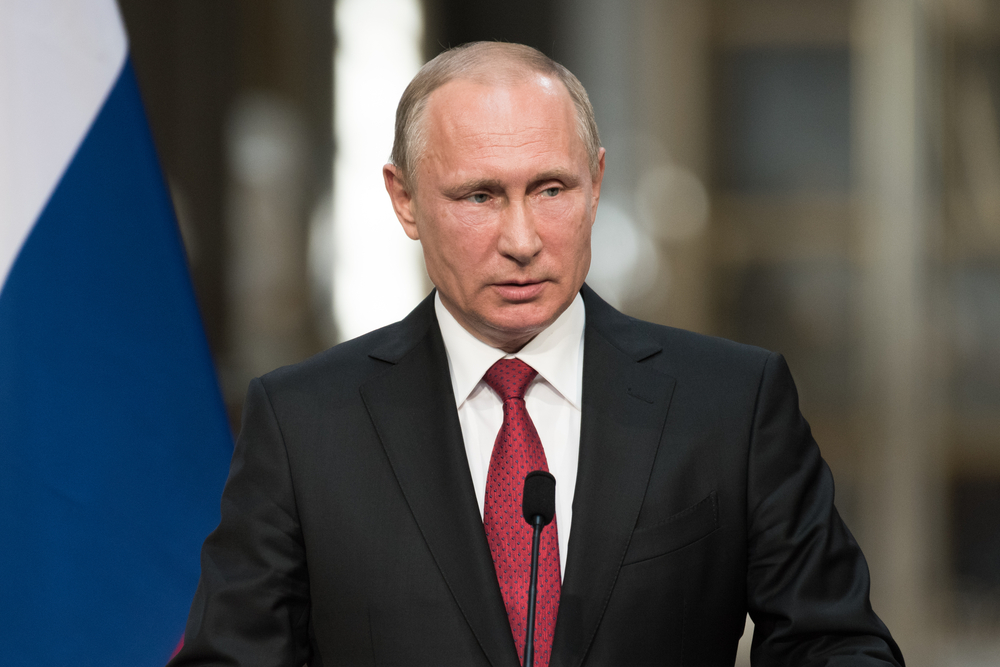
Presidents George H.W. Bush and Bill Clinton navigated these early years of post-Soviet Russia, laying the groundwork for future interactions. Clinton’s presidency coincided with Boris Yeltsin’s tenure, a period characterized by attempts at economic reform in Russia and cooperative initiatives like the Nunn-Lugar Cooperative Threat Reduction Program, aimed at dismantling nuclear weapons.
George W. Bush: From Soul Gazing to Strained Ties
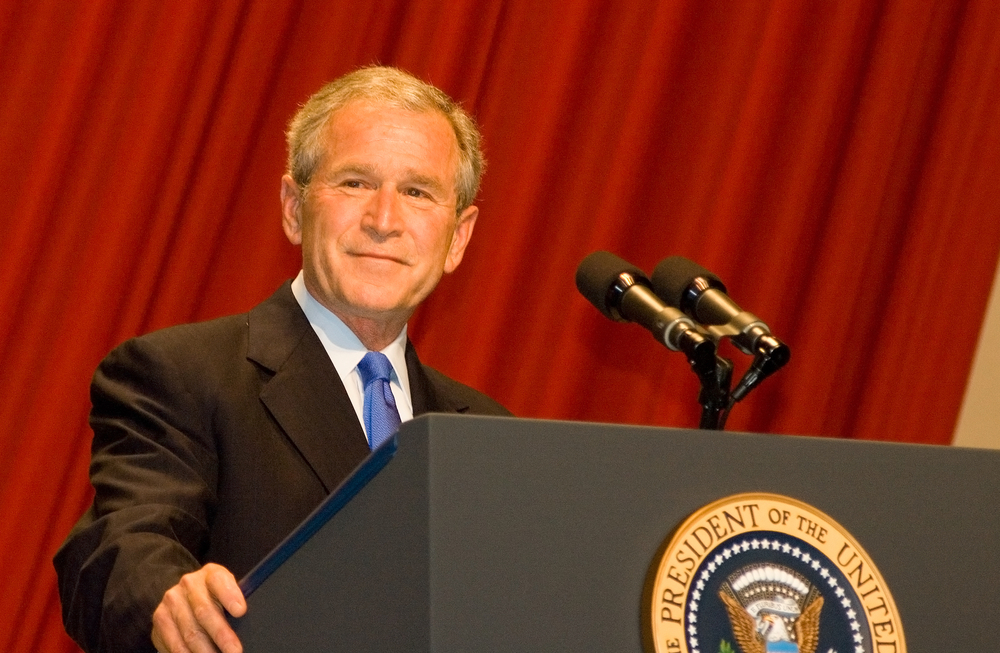
George W. Bush’s presidency heralded the arrival of Vladimir Putin on the world stage. Initially, Bush’s famous remark about looking into Putin’s eyes and seeing his soul epitomized the hopeful start of their relationship. The aftermath of 9/11 saw Russia offering symbolic support to the U.S., but the camaraderie was short-lived. Divergences over the Iraq War, NATO’s eastward expansion, and the color revolutions in former Soviet states strained relations, setting a precedent for the complex dynamic that would continue to evolve.
Barack Obama: The Reset and Its Aftermath
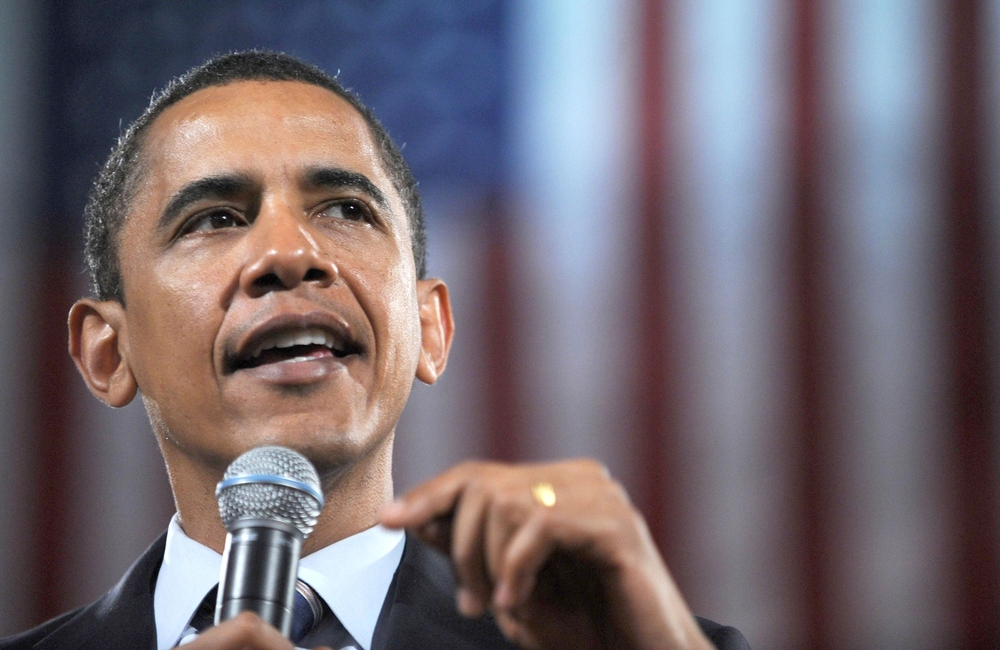
Barack Obama entered office with the intention of “resetting” relations with Russia. This period saw the signing of the New START treaty, aiming to reduce the nuclear arsenals of both nations. However, the reset was challenged by deep-seated issues. Russia’s intervention in Georgia (2008), its stance on the Syrian Civil War, and the annexation of Crimea in 2014 marked significant low points. The allegations of Russian interference in the 2016 U.S. elections further compounded the tensions, casting a long shadow over U.S.-Russia relations.
Donald Trump: Controversies and Conundrums
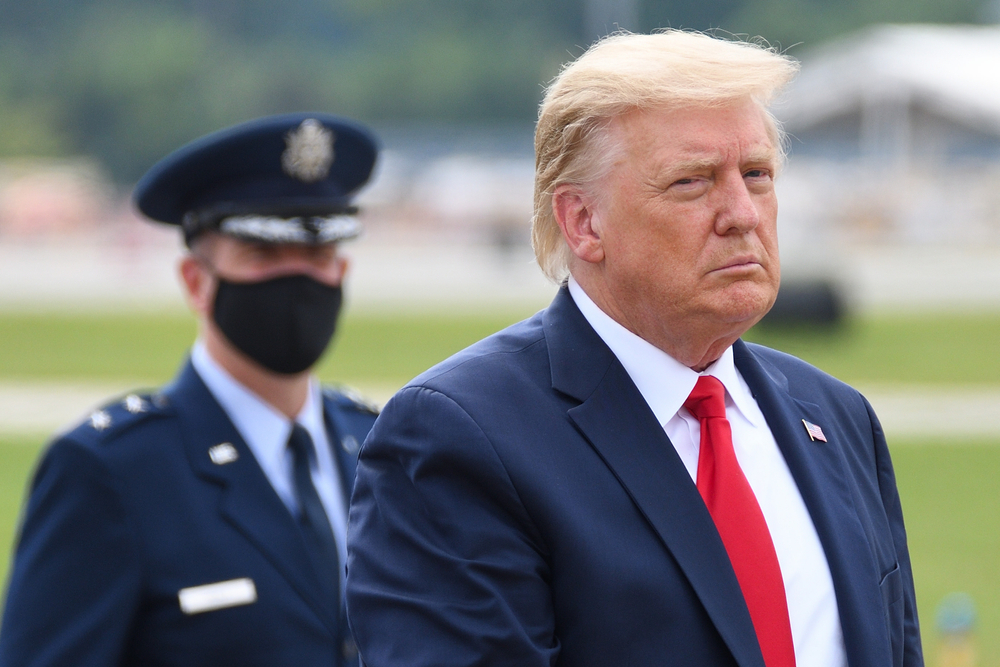
Donald Trump’s presidency was fraught with controversies regarding his approach to Russia and Putin. While Trump often spoke favorably of Putin, his administration maintained or escalated sanctions against Russia, particularly in response to the Crimea annexation and election interference allegations. This period underscored the intricate dance between personal diplomacy and the broader strategic frameworks guiding U.S.-Russia relations.
Joe Biden: Confrontation and Dialogue
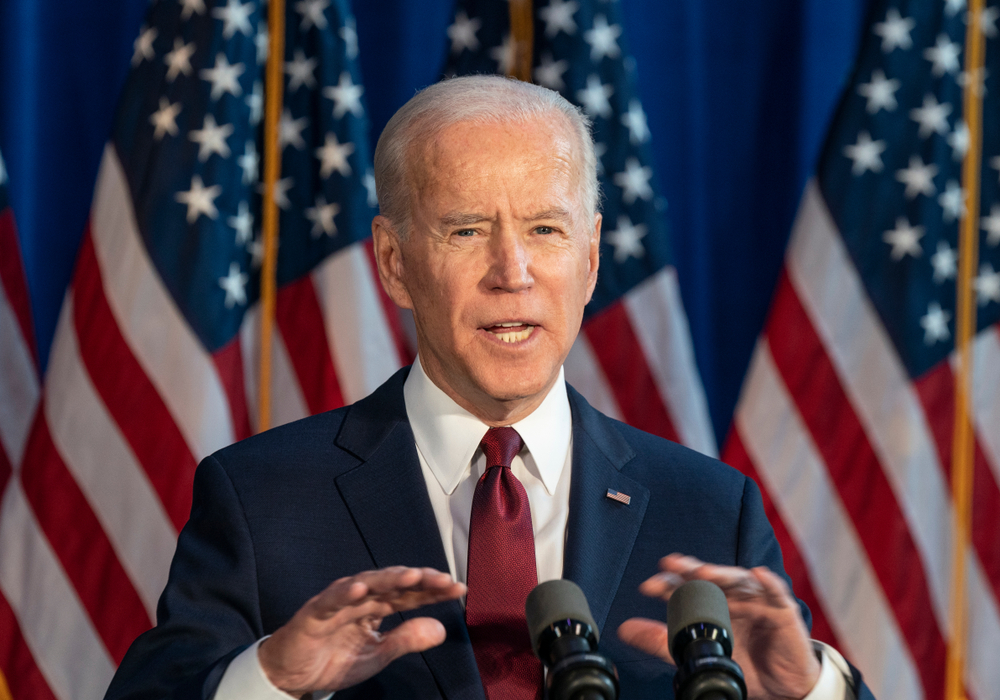
Joe Biden’s approach to Putin has been markedly more confrontational than his immediate predecessor’s, openly criticizing Russia’s human rights record and its military activities. Despite the tensions, both leaders acknowledge the importance of dialogue, as evidenced by their summit in Geneva in June 2021, signaling a complex relationship that balances competition with cautious engagement.
Legacy and the Path Forward
The U.S.-Russia relationship, especially in the context of its leaders, is a testament to the enduring complexity of international relations. Each president has navigated the nuances of this relationship against the backdrop of their domestic policies and the global geopolitical landscape. The personal dynamics between these leaders, particularly with Vladimir Putin, have often influenced the tone and trajectory of bilateral relations.
From George W. Bush’s initial optimism to Joe Biden’s strategic caution, the U.S. presidency has seen a diverse range of approaches towards Russia and its enigmatic leader. This relationship’s evolution underscores the interplay between individual leadership styles and the immutable realities of national interest, with each president seeking to balance the demands of international diplomacy, domestic politics, and global strategic imperatives.
As the world moves forward, the U.S.-Russia relationship remains a central axis of global politics, reflecting broader tensions between liberal democracies and authoritarian regimes. The personal rapport between U.S. presidents and Vladimir Putin will continue to be a fascinating lens through which to view these dynamics, offering insights into the challenges and opportunities of international diplomacy in the 21st century


